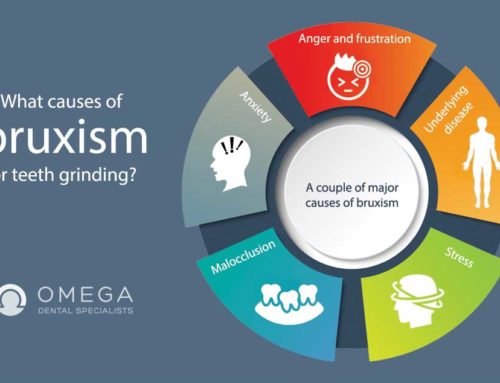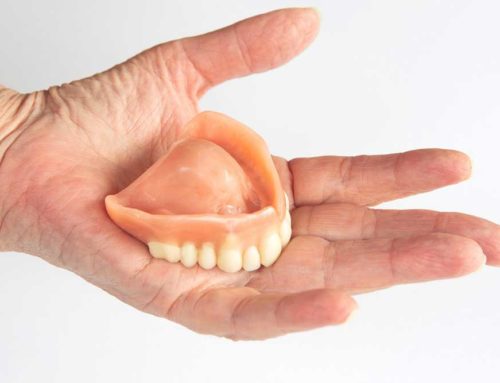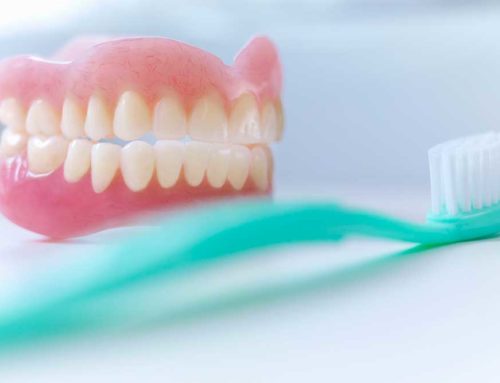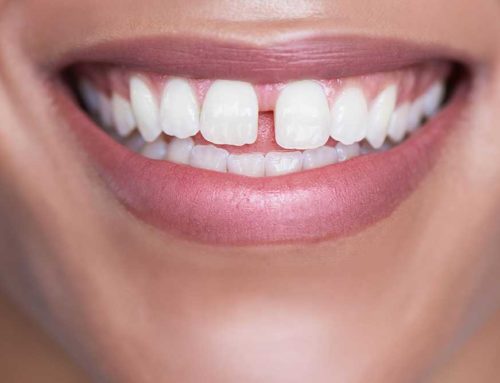Many systemic diseases, such as diabetes, are known to affect dental health. But did you know that various autoimmune conditions can also cause dental problems? Although the specific circumstances of each autoimmune condition may be very different, many of them have similar harmful effects on your oral health.
Here are some ways that autoimmune conditions can affect dental health.
1. Weakness
Fatigue is a common symptom of several autoimmune diseases. Some patients with extreme fatigue may find tasks such as brushing their teeth and scheduling dental appointments difficult. Since home and professional oral hygiene is essential to avoid tooth decay and gum disease, fatigue can be a factor in dental problems.
One way to make your oral hygiene easier is to use specialized tools to simplify the process. For example, electric toothbrushes and dental floss holders or water flossing can make cleaning your teeth easier every day.
2. Gum disease
Due to the involvement of the immune system, autoimmune disorders may actually contribute to the onset and development of gum disease. This makes sense when you realize that the two main factors of gum disease are inflammation and certain types of bacterial infections.
In the case of autoimmunity, your immune system may overreact to bacterial infections and actually cause more damage to your gum tissue. The more severe the inflammation, the more gums will detach from the teeth, forming deeper pockets for bacteria to survive.
You may need to go to the dentist’s office for more frequent cleanings and close professional monitoring of your dental health, especially when your gums show signs of inflammation or gum pockets.
3. Digestive and nutritional problems
Many autoimmune conditions are accompanied by food sensitivity, which makes healthy nutrition more difficult to obtain. Nutritional deficiencies can cause various dental health problems. The low level of nutrients your enamel requires means that your teeth are not as healthy and resilient as a whole.
Some autoimmune disorders are accompanied by more specific and serious digestive problems. For example, if you are diagnosed with celiac disease, your small intestine may be damaged and unable to absorb any nutrients. This can lead to vitamin D deficiency, calcium deficiency, etc., thereby increasing the chance of tooth decay.
Your dentist may prescribe a high-fluoride toothpaste to help strengthen your tooth enamel’s defences against tooth decay.
4. Dry mouth
Sjogren’s syndrome is an autoimmune disease that causes dry mouth. Other conditions, some of which may be autoimmune conditions, can also cause dry mouth. Dry mouth may also be a symptom or a side effect of medication, which means that dry mouth may be an indirect effect of another autoimmune condition.
Dry mouth (lack of saliva) is unfortunate for your dental health, because saliva has antibacterial and pH neutralizing properties, and it transports nutrients and minerals to the oral tissues. If you notice dry mouth, talk to your dentist about treatments, such as using saliva stimulants or saliva replacement products.
As you can see, being diagnosed with an autoimmune disease is not good news for your teeth and gums. However, now that you know your condition, you will be able to take the necessary steps to protect your oral health. Talk to your dentist about other treatments or prescriptions you may need.




